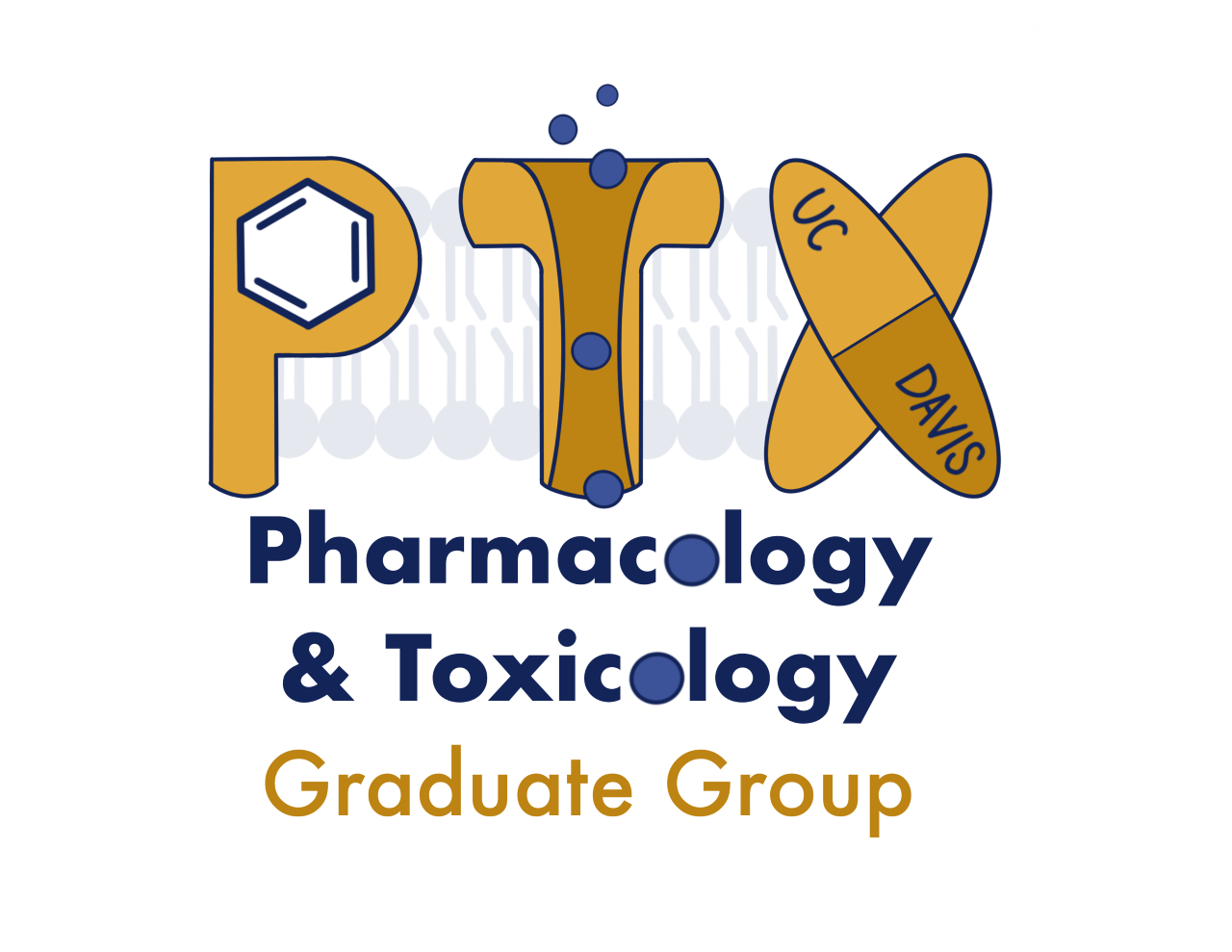The Core Course Curriculum
The Core Course series is comprised of 17 units of intensive coursework designed to provide a strong background in the principles of Pharmacology and Toxicology. The courses were designed for and are taught for graduate students and are intended to develop integration and problem solving skills.
- PTX 201 - Principles of Pharmacology and Toxicology (5 units)
This is an introductory overview of basic concepts in pharmacology/toxicology followed by in-depth blocks on fate processes of chemicals in the body, fate processes associated with tissue selective responses, and selective toxicity employed therapeutically. - PTX 202 - Principles of Pharmacology and Toxicology (4 units)
This course covers the principles of pharmacodynamics and mechanisms of drug/toxicant action. Intracellular signaling, ion channels and membrane transport are discussed. - PTX 203 - Principles of Pharmacology and Toxicology (4 units)
Integrated physiological systems, cardiovascular and nervous systems and how drugs and toxicants act to perturb function are covered in PTX 203. - STA 100 - Applied Statistics (4 units)
Descriptive statistics, probability, sampling distributions, estimation, hypothesis testing, contingency tables, ANOVA, regression; implementation of statistical methods using computer package.
Advising Structure and Mentoring
The Graduate Adviser is a key figure for each graduate student throughout his/her program of study, but particularly during the period prior to advancement to candidacy. Graduate advisers are appointed by Graduate Studies and are assigned to each student upon his/her indication of intent to matriculate into the program. The Graduate Adviser is involved in many aspects of a graduate student's progress and is the student's first source of academic information and provides assistance with fulfilling the requirements of the Pharmacology and Toxicology Graduate Group program. This includes choosing a major professor, planning coursework, and conducting annual reviews of progress. In those cases where students choose to conduct their planned thesis/dissertation in the laboratory of their graduate adviser another graduate adviser will be assigned. The graduate advisor may not be the student's major professor. The role and responsibilities of the Graduate Adviser are listed in detail in the Graduate Adviser's Handbook, published by Graduate Studies.
The Major Professor is a faculty member belonging to the Pharmacology and Toxicology Graduate Group program who supervises the student's research and thesis; this person serves as the Chair of the Thesis Committee, and is usually the setting for the student's research activities. The major professor advises on details of course work and other aspects of the academic program that are tailored to suit the individual student's programmatic needs and career goals. Mentoring guidelines from Graduate Council can be found on the Graduate Studies website.
The Graduate Program Staff assists students with identifying a major professor, identifying appointments, and general university policies.
